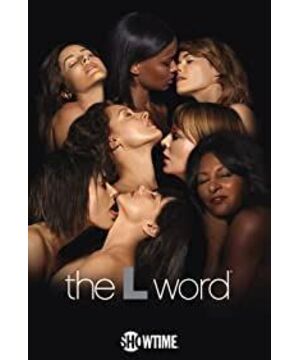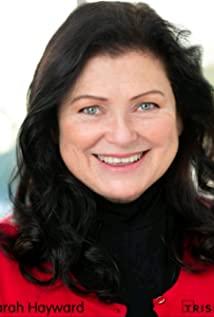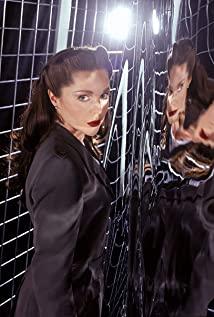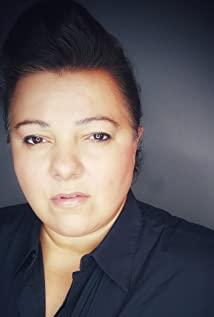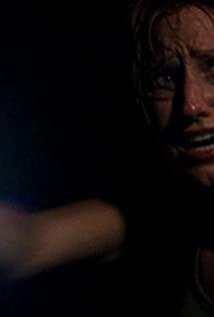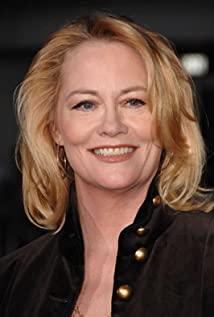The L word is a TV series that was launched in 2004 by cable station Showtime and has now aired into its third season. The show, another drama about gay life after "Will & Grace" and "Queer as Folks," was so popular that it sparked the shooting and broadcast of other similar types of dramas.
The story takes place in Los Angeles, where a man and woman couple move into a community after graduating from college and start a new life. There are many gay girls living in this community. Bette and Tina are a couple who have been dating for 7 years. They have a stable relationship and have always wanted a child. Bette is an Ivy League graduate, works in a museum, and has a stubborn father. After the first season, Bette and Tina struggled to find a suitable sperm donor, and they ended up finding a black donor (Bette is black). Hair stylist Shane is a standard playboy (flower lady?), and has been in contact with almost every girl. She is actually very friendly on the surface. Professional tennis player Dana is at the peak of her career, so she can't make up her mind to come out (i.e. identify as gay). Alice, a reporter with a baby face, coldly observes the ins and outs in this community. Her creed is "It doesn't matter if you are a man or a woman." She has an old pearly yellow actress mother who also feels good about herself. Novelist Jenny and her fiancé, Tim, are new to the community. Jenny develops feelings (or desires?) for the waitress at the community cafe. As a result, the two are caught by Tim and Tim leaves angrily. Bette's half-sister Kit, a musician, has a habit of drinking and is currently in withdrawal. (The above is the plot of the first season) There are constant conflicts and connections between these characters, laughter and tears, and of course deception and betrayal. In seasons two and three, the relationships between the characters took a lot of turns, as if they were caught in a sea of fate, letting the waves push them into the unknown.
The atmosphere of the entire episode is sometimes lighthearted, sometimes heavy, and appropriately reflects the life of the lesbian community. Although there are a lot of exposure and passion scenes in it, they are basically for the needs of the plot, so there is not much erotic performance. It's just that when I watched it, I had a feeling that "the more masculine of the pair can be photographed with a man". I don't know if other friends have this idea. The most outstanding actor in the play is Katherine Moennig who plays Shane. Her performance is very natural and the authenticity is relatively high. It is no wonder that her orientation has become a topic of discussion among the audience.
For a long time, the American TV drama industry has been very taboo on gay themes. However, since the success of Will & Grace, TV stations, which have always been dominated by commercial interests, have been eager to play the "gay card". Now even reality shows have added this element. Of course, this kind of profit-driven business behavior is in fact playing the minority as a circus performance, not for "openness" and "equality". The situation is even worse for lesbians, who are viewed by the male-dominated TV giants as vases, while male audiences more generally think "Girl on Girl" is more exciting, so it should belong to the category of art. The storyline has turned into an erotic performance that satisfies the curiosity of male audiences.
The L Word is another case. The story is written and produced by women, including many lesbians. Several of the cast have come out gay (like Leisha Hailey, who played Alice, who had a relationship with actress kdlang), or played similar roles (like Laurel Holloman, who played Tina, in the film "The Incredible"). "Adventure of Two Girls in Love"). Therefore, the whole series is more like from the perspective of a lesbian, which is more realistic and feasible. It's a step further than the non-gay cast of Will & Grace, but it's also fitting. The film also does not promote the opposition between men and women or the opposition between homosexuality and heterosexuality. Although the play also depicts the incomprehension and rejection of non-gay people (such as Bette's father's incomprehension of his daughter), it is generally dealt with. is better.
After the success of The L word, there have been many follow-up dramas, such as South of Nowhere, which will be broadcast this year, and the upcoming Canadian drama Degrassi: The Next Generation. It's more about inserting gay storylines into the storyline, like The OC and Rome. Even conservative daytime drama Passion has joined in a similar plot. However, these follow-up works always give people a feeling of picking up people's teeth. We will wait and see how long this trend can be popular.
View more about The L Word reviews


